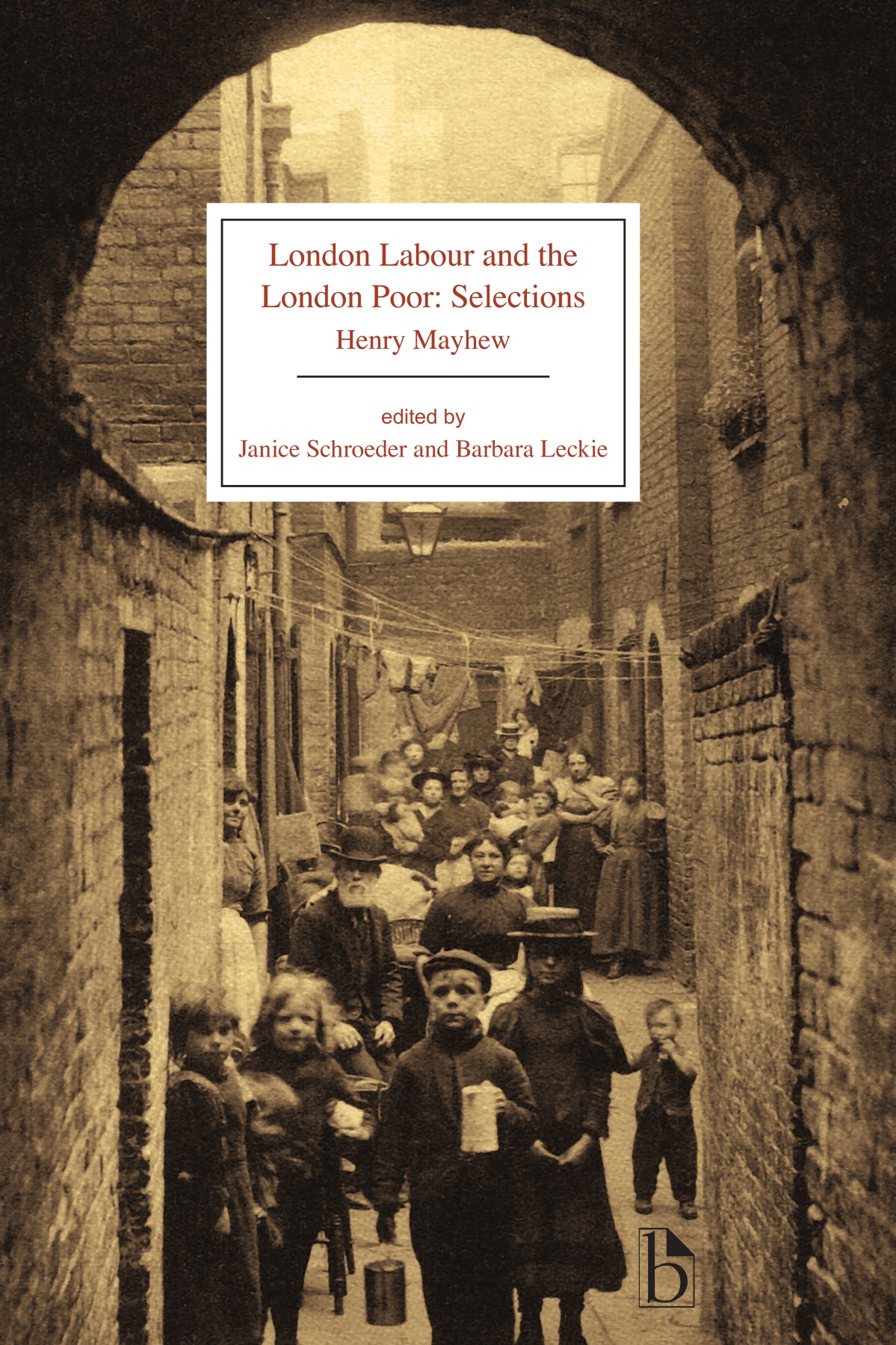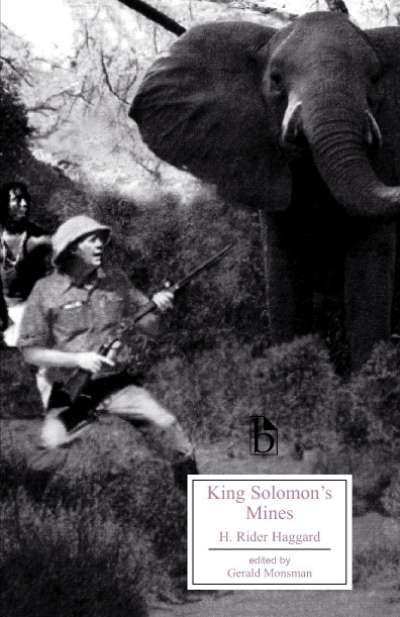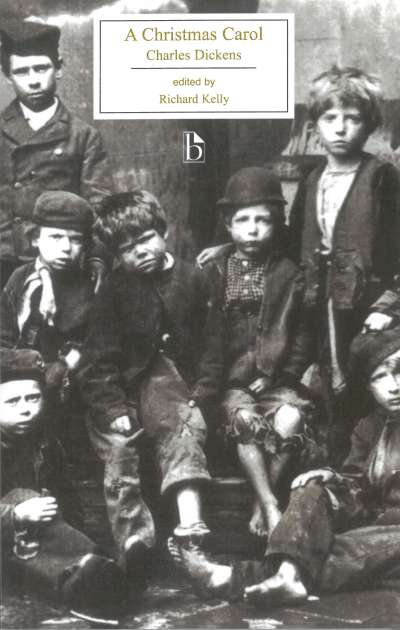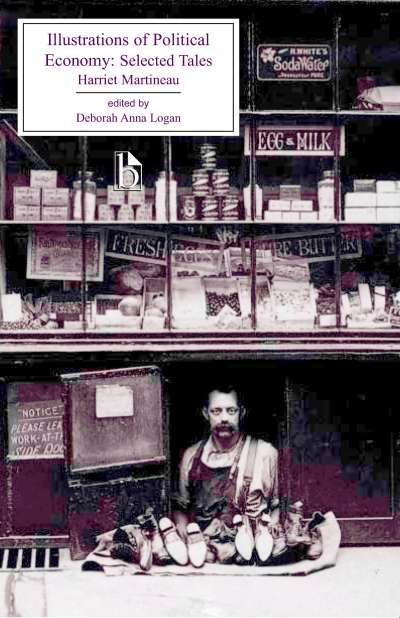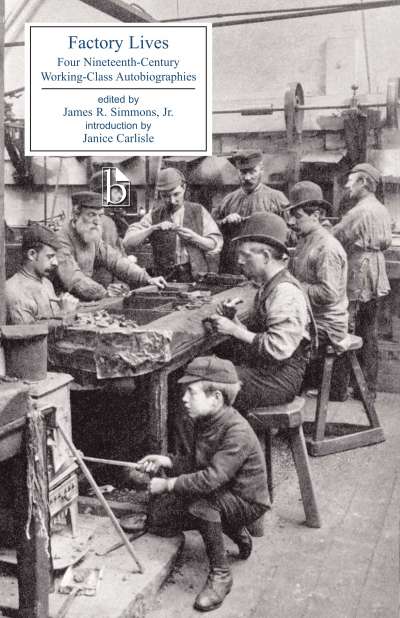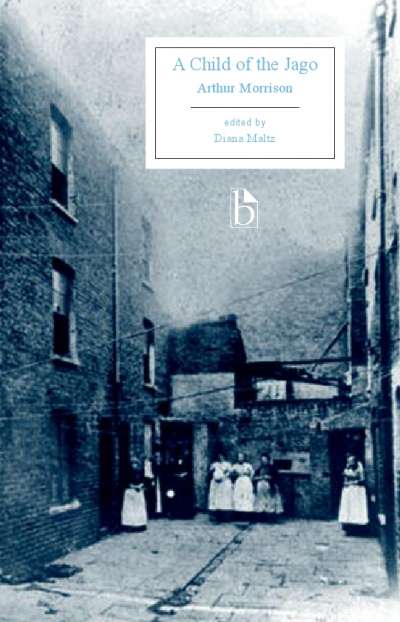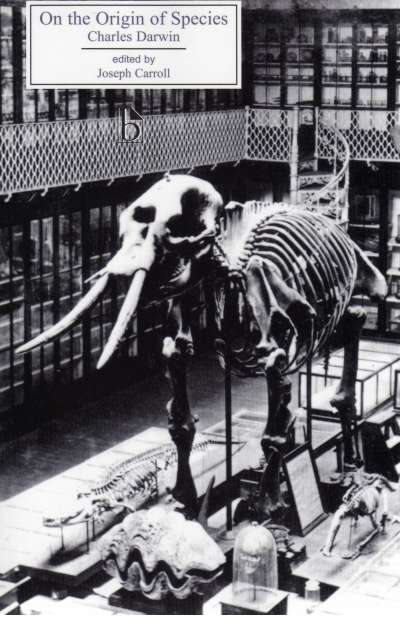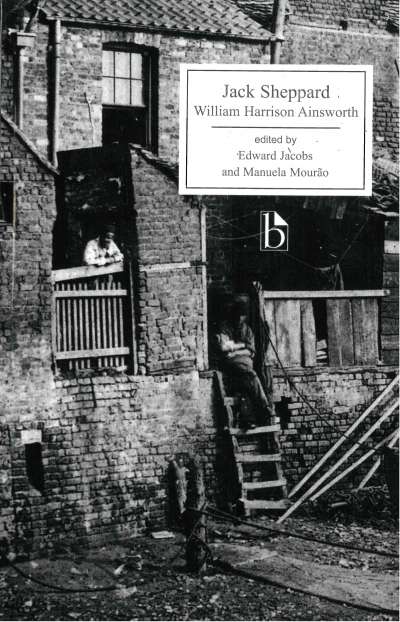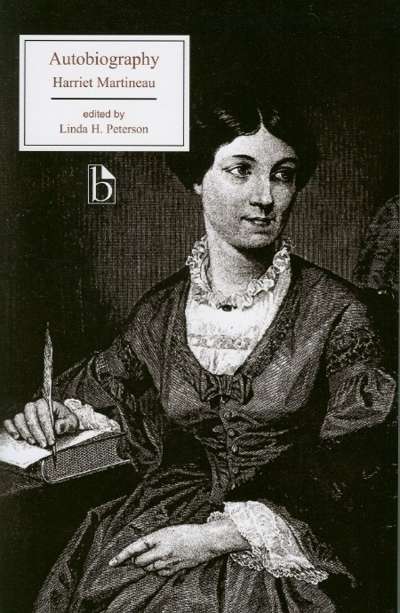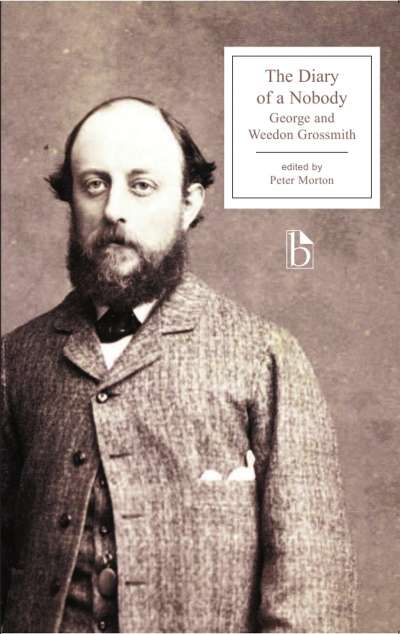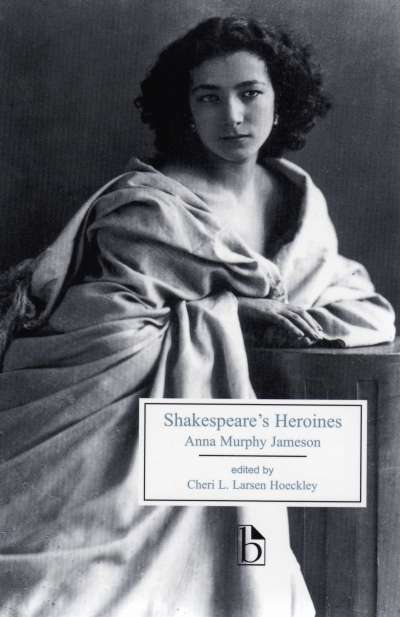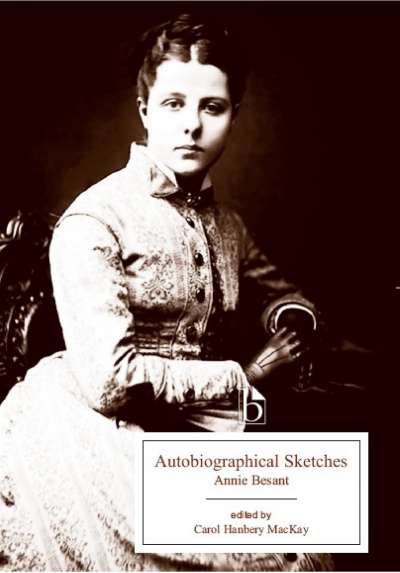Produced between 1850 and 1862, London Labour and the London Poor is one of the most significant examples of nineteenth-century oral history. The collection teems with the minute particulars of the everyday—bits and pieces of London lives assembled into a precarious whole by the author, editor, and principal investigator, Henry Mayhew. Mayhew was interested in the social fabric of people’s lives, their labour and earnings, but also their families, education, leisure time, and religious beliefs. What gives his “case studies” such immediacy is that they seem to flow unprompted and uninterrupted from the mouths of his subjects: street sellers, dock labourers, musicians, rat catchers, vagrants, chimney sweeps, thieves, and prostitutes.
All are captured in this newly annotated and selected edition of Mayhew’s four-volume work. Historical appendices include a contemporary map of London, reviews of London Labour, and other slum journalism from the period.
Comments
“Janice Schroeder and Barbara Leckie’s Introduction sets the agenda for new directions in Mayhew studies by highlighting London Labour’s and Mayhew’s attention to ecology, sustainability, and print culture, questions that were fertile in mid-century Britain and are essential intellectual and political frameworks today. And their selections from London Labour, Mayhew’s Morning Chronicle articles, his responses to respondents, and work by contemporary ‘slum journalists’ have inspired me to teach a course with London Labour at its center. This volume offers treasures, equally to those just discovering Mayhew and to those who have encountered his work before. This is the edition of Mayhew selections to get—a Mayhew for our times.” — Priti Joshi, University of Puget Sound
“Henry Mayhew investigated the Victorian London poor as a social scientist and wrote up his results as a journalist. The results, London Labour and the London Poor and his earlier contributions to theMorning Chronicle, are works in progress which he never revised, and ultimately abandoned. The combination of somewhat incompatible methods and unfinished projects has made his work difficult to understand in its totality. But now, thanks to the careful editors Janice Schroeder and Barbara Leckie and to Broadview Press, we finally have a scholarly edition, with carefully chosen and thoroughly annotated interviews and other material, appendices providing context and commentary, and new ways to read Mayhew’s work, which will enable students, scholars, and general readers alike to grasp the whole with confidence and pleasure.” — Anne Humpherys, City University of New York
“This new edition of a heavily studied and well-documented text invites a new generation of ecocritical scholars to envision Mayhew as more than a socio-political campaigner and successful author. Schroeder and Leckie’s selections from London Labour and the London Poor reveal Mayhew to be an environmentalist, a visionary, and an arch manipulator of both factual and fictional material.” — Tamara Kaminsky, Victorian Periodicals Review
Acknowledgements
Introduction
Henry Mayhew: A Brief Chronology
A Note on the Text
Money, Earnings, and the Cost of Living in London Labour and the London Poor
London Labour and the London Poor
Volume 1
Preface
THE STREET-FOLK
Of Wandering Tribes in General
Costermongers
The London Street Markets on a Saturday Night
The Politics of Costermongers.—Policemen
Religion of Costermongers
Language of Costermongers
The Literature of Costermongers
Of the “Penny Gaff”
Of the Coster-Girls
Of the Homes of the Costermongers
Of the Street-Irish
Of the Street-Irish
Of the Education, Literature, Amusements, and Politics of the Street-Irish
The Homes of the Street-Irish
Street-Sellers of Green Stuff
Watercress Girl
Of the Street-Sellers of Stationery, Literature, and the Fine Arts
Of the Street-Sellers of Stationery, Literature, and the Fine Arts
Of the Death and Fire Hunters
Of Political Litanies, Dialogues, Etc.
Of “Cocks,” Etc.
Of “Strawing”
Of the Sham Indecent Street-Trade
Of the Low Lodging-houses of London
Of the Filth, Dishonesty, and Immorality of Low Lodginghouses
Of Street “Ballads on a Subject”
Of the Experience of a Street Author, or Poet
Of the Street Booksellers
Of the Experience of a Street Bookseller
Of the Street-sellers of Engravings, Etc., in Umbrellas, Etc.
Of the “Screevers,” or Writers of Begging-Letters and Petitions
Of the Street-Sellers of Manufactured Articles
The Crippled Street-Seller of Nut-Meg-Graters
Of the Street-Sellers of Poison for Rats
Volume 2
The STREET-FOLK
Book the Second
Introduction
Of the Street-Sellers of Second-Hand Articles
Of the Street-Sellers of Petticoat and Rosemary-Lanes
Of the Street-Sellers of Live Animals
Of the Street-Sellers of Live Birds
Of the Street-Buyers
Of the “Rag-and-Bottle,” and the “Marine-Store,” Shops
Of the Street-Buyers of Waste (Paper)
Of the Street-Finders or Collectors
Of the Sewer-Hunters
Of the Mud-Larks
Of the London Dustmen, Nightmen, Sweeps, and Scavengers
Of the Dustmen of London
Chimney-Sweepers
Of the London Chimney-Sweepers
Of the General Characteristics of the Working Chimney- Sweepers
Of the Subterranean Character of the Sewers
Crossing-Sweepers
Crossing-Sweepers
Gander—The “Captain” of the Boy Crossing-Sweepers
Volume 3
The Destroyers of Vermin
A Night at Rat-Killing
Her Majesty’s Bug-Destroyer
OUR STREET FOLK
I. Street Exhibitors
Exhibitor of the Microscope
The Snake, Sword, and Knife-Swallower
Street Clown
Street Reciter
II. Street Musicians
“Old Sarah”
Tom-Tom Players
IV. Street Artists
Street Photography
V. Exhibitors of Trained Animals
The Happy Family Exhibitor
SKILLED AND UNSKILLED LABOUR
The Coal-Heavers
The Coal-Heavers
The Dock-Labourers
The London Dock
LONDON VAGRANTS
London Vagrants’ Asylums for the Houseless
Appendix A: Full Table of Contents of London Labour and the London Poor
Appendix B: Contemporary Reviews
- From Eclectic Review (October 1851)
- From Athenaeum (15 November 1851)
- From Reynolds’s Newspaper (18 May 1851)
- From Reynolds’s Newspaper (15 June 1851)
- From Reynolds’s Newspaper (20 July 1851)
Appendix C: Selection of Entries from the Morning Chronicle and Volume 4 of London Labour and the London Poor
- From the Morning Chronicle
- “A Visit to the Cholera Districts of Bermondsey [by Henry Mayhew]” (24 September 1849)
- From “Labour and the Poor: The Metropolitan Districts. From our Special Correspondent. Letter I [by Henry Mayhew]” (19 October 1849)
- From London Labour and the London Poor, Volume 4 (1862)
- “Classification of the Workers and Non-Workers of Great Britain”
- From “Female Operatives”
- From “Pickpockets and Shoplifters”
- “Hindoo Beggars”
- “Negro Beggars”
Appendix D: Answers to Correspondents
- From No. 19 (19 April 1851)
- From No. 24 (24 May 1851)
- From No. 33 (26 July 1851)
- Nos. 9 & 10 (8 and 15 February 1851)
- From No. 16 (29 March 1851)
- From No. 21 (3 May 1851)
- From No. 23 (17 May 1851)
Appendix E: Mayhew’s Contemporaries and “Slum Journalism”
- From Thomas Beames, The Rookeries of London (1852)
- From George Godwin, London Shadows: A Glance at the ‘Homes’ of the Thousands (1854)
- From John Hollingshead, Ragged London in 1861 (1861)
Works Cited and Select Bibliography
Janice Schroeder is Associate Professor of English at Carleton University. Barbara Leckie is Professor in the Department of English and the Institute for the Comparative Study of Literature, Art, and Culture at Carleton University.

